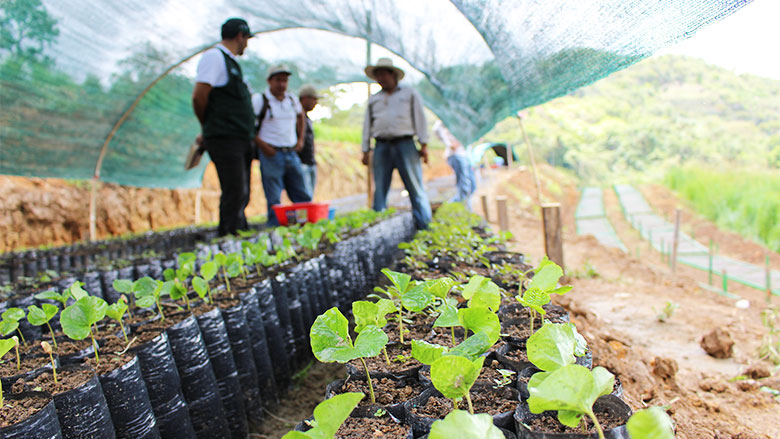Sustainable Agriculture Innovation

Sustainable agriculture innovation refers to the development and implementation of new technologies, practices, and approaches that promote environmental stewardship, social equity, and economic viability within the agricultural sector. Here are some key areas of innovation in sustainable agriculture:
Precision Agriculture: Precision agriculture leverages technology such as GPS, sensors, drones, and data analytics to optimize resource use and reduce environmental impact. By precisely mapping soil characteristics, monitoring crop health, and managing inputs such as water, fertilizers, and pesticides, precision agriculture maximizes yields while minimizing waste and environmental pollution.
Agroecology: Agroecological approaches integrate ecological principles into agricultural systems, emphasizing biodiversity, soil health, and ecosystem resilience. Techniques such as agroforestry, intercropping, cover cropping, and crop rotation promote natural pest control, nutrient cycling, and soil conservation, reducing the reliance on synthetic inputs and enhancing the sustainability of farming practices.
Regenerative Agriculture: Regenerative agriculture goes beyond sustainable practices to actively restore and regenerate degraded ecosystems. By focusing on soil health, carbon sequestration, and biodiversity enhancement, regenerative agriculture improves the long-term productivity and resilience of agricultural lands while mitigating climate change and enhancing ecosystem services.
Vertical Farming and Controlled Environment Agriculture (CEA): Vertical farming and CEA technologies enable year-round production of crops in controlled indoor environments, using techniques such as hydroponics, aeroponics, and aquaponics. By optimizing resource use, minimizing water and land requirements, and reducing transportation distances, vertical farming can enhance food security, resilience, and sustainability in urban areas.
Biotechnology and Genetic Engineering: Biotechnology and genetic engineering offer opportunities to develop crop varieties with enhanced traits such as drought tolerance, pest resistance, and nutritional content. Through genetic modification and genome editing techniques, researchers can breed crops that require fewer inputs, exhibit improved resilience to climate change, and address nutritional deficiencies in vulnerable populations.
Digital Agriculture: Digital agriculture encompasses a range of technologies and applications, including farm management software, remote sensing, IoT devices, and blockchain technology. These tools enable farmers to collect and analyze data, optimize decision-making, trace the origin of agricultural products, and enhance transparency and trust throughout the supply chain.
Circular Agriculture: Circular agriculture aims to close nutrient loops, minimize waste, and promote resource efficiency within agricultural systems. By recycling organic waste, using byproducts as inputs, and implementing circular supply chains, circular agriculture reduces reliance on finite resources, minimizes pollution, and fosters a more circular and sustainable economy.
Collaborative Innovation and Knowledge Sharing: Sustainable agriculture innovation relies on collaboration and knowledge sharing among diverse stakeholders, including farmers, researchers, policymakers, NGOs, and private sector actors. By fostering collaboration, interdisciplinary research, and participatory approaches, sustainable agriculture innovation can address complex challenges and achieve transformative change across the agricultural sector.
Overall, sustainable agriculture innovation holds immense potential to address the global challenges of food security, environmental degradation, and climate change, while promoting economic prosperity and social equity within agricultural communities. By harnessing the power of innovation, creativity, and collaboration, we can build a more sustainable and resilient food system for future generations.
Thank you,